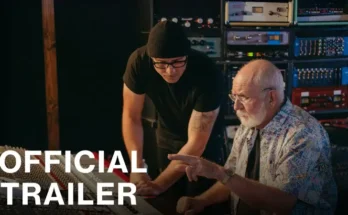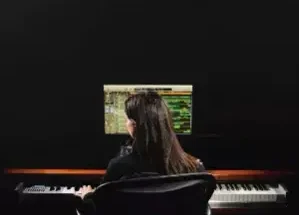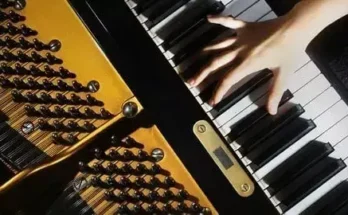SYNTHiC4TE | April 05 2016 | 1.83 GB
This course will teach you everything you need to know about compression and dynamics processors. We’ll take you from basic to advanced understanding.
By the end of this class you’ll see a DISTINCT improvement in your mixes!
Compressors are the most mysterious of all studio processors, and yet they are one of the most important in today’s music production. Whether you’re into recording, mixing, mastering, live sound, broadcast, or podcasts you need to know how to use compressors. In this class you’ll learn everything about using compressors. We’ll take you from basic understanding of compression through the subtle differences between the most popular compressors.
Learning these differences and knowing where to apply them can take an OK recording/mix and make it a great recording/mix. We’ll teach you a fool proof system to set up any compressor on any instrument – it’s all about setting up the controls in the correct order, knowing what’s possible and using your ears. We’ll also show you tried and true compressor/instrument combinations to get genre specific sounds. Because compressors are the most complex and abundant studio dynamics processors, that’s where we’ll spend most of our time. But because there are many ways to control dynamics, you’ll also learn how to use expanders, gates and limiters.
In this class you’ll learn…
Digital audio compression. Basic compressor controls. Advanced compressor controls. Different types of compressors. What compressors are commonly used for certain instruments. How to setup any compressor on any instrument.
What to listen for when setting up a compressor on:
Drums (Kick, Snare, Toms, Overheads, Room Mics). Drum Busses. Bass Guitars (clean and distorted). Synthesizers. Acoustic Guitars (rhythm and lead). Electric Guitars (rhythm and lead). Vocals (lead, backgrounds, harmonies). Voice Overs.
Advanced techniques like:
Sidechain compression. Serial compression. Parallel compression. Multiband compression. Mix bus compression. Mid-Side (MS) compression. Automating the controls.
You’ll also learn how to…
Use Expanders and Gates on:
Live drums to reduce bleed. Drum samples to change their envelope. Bass and electric guitar to get rid of hiss and hum. Vocal tracks to reduce breath noise. Voiceover tracks to reduce room noise and AC hum.
Advanced Expander/Gate techniques like:
Sidechaining a synth pad with a percussion loop to add motion. Using gating and compression together in a channel strip. Use envelope modulators like SPL’s Transient, Waves’ TransX and Logic’s Enveloper.
[toggle title=”Home page”]https://tinyurl.com/hd64tss[/toggle]

http://alfalink.to/984de05c631a97bf1464
Please REPORT in Comment Broken Links




